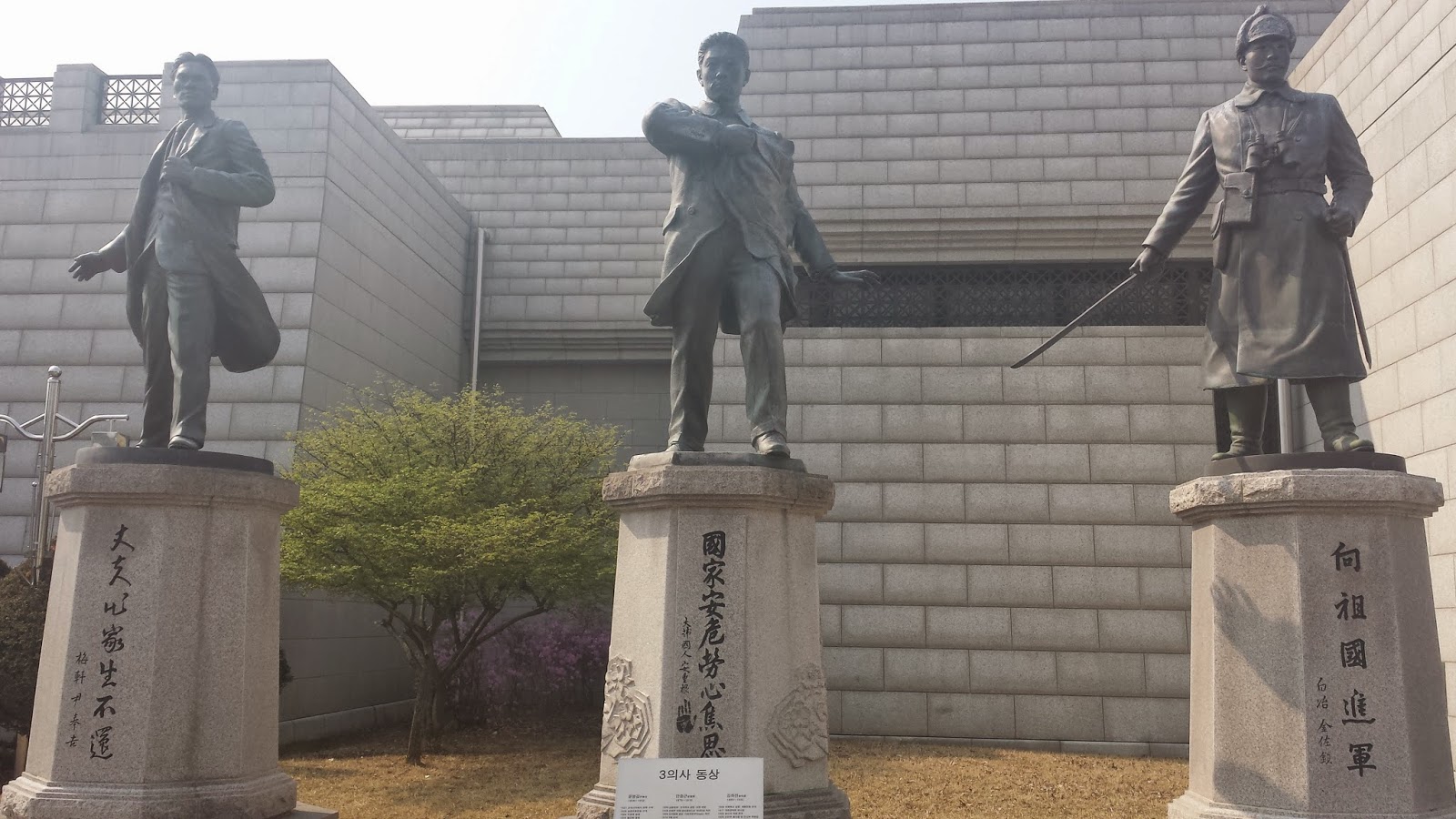KOREA IN THE SPRING: Photo gallery
My host family
What my host mom does when she doesn't like something.
BTW, this is the bathroom drain of a rest stop bathroom we passed by on the ride to see the cherry blossoms in Cheongju. Those are heart-shaped drain holes. Korea - cute through and through.
Jeju Island: the Hawaii of Korea
The dude next to me passed out on the bus. Had to include it.
I got to travel all the way down south to Jeju Island for the Spring Conference hosted by Fulbright. It was a great place, although it rained most of the time. :( But I got to catch up with all the other grantees, hear about research projects, and sightsee around the beautiful island.
This is a slide I liked from Moira Saltzman's presentation. Moira is a Junior Research Fulbright grantee in South Korea. Interestingly enough, she will also be earning her PhD in Linguistics at the University of Michigan starting Fall 2015. Our cohort is only 8 people, so it was pretty good luck that we got to meet each other.
This little guy caught my eye at the Baskin Robins at the airport in Jeju. That top flavor translates as Mother Alien (alien as in an outer space martian). But the English translation is curiously "Puss in Boots."
This comment has nothing to do with this particular, but rather the Jeju Conference weekend at large. One of the Fulbright fundraising organizations hosted a Prom, so we all got to go to this amazing bar that had a water slide, a ball pit, karaoke bars, VIP rooms, pool tables, and group jump roping. #ChuckieCheeseForAdults
Random, Funny Convo Snapshots
that have nothing to do with my year in Korea or this blog, but I figured y'all might get a laugh out of them.
A small speech #nbd
My vice-princial asked me on a Thursday if I could drop by the school on Saturday morning to introduce myself to the teachers in Korean. I was under the impression this would be a small teachings meeting. It turns out it was for all of the students' parents. Over 600 people. Although intimidating at first, it ended up being so much fun. Cross that off the bucket list.
The was my speech. It was about 4-5 minutes long, so it's too big to put on here unfortunately.
What my students would save from their house if there were a fire...
My student's notebook. Korean mantra.
My Morning Show Broadcasting Team!!
Our class clown pretending to be a surprised monkey. #PullsItOff
Letters from my students...
My colleagues
Cherry Blossom season is a very special time in Korea, and very celebrated. There's even a famous song about it. "Cherry Blossom Ending" is the title. If you watch the video, you'll notice that there's a foreigner in the band, which is pretty unusual for Korean music groups. In fact, he (Brad is his name) was an English teacher in Cheonan and liked to have jam sessions with his students. Well one thing led to another and they got hugely famous. Many of their songs - including Cherry Blossom Ending - are based on sights in my city, Cheonan!! So every season there's a Cherry Blossom festival in Cheonan, and this year it was bigger than ever because of this song. There are a specific group of trees on campus that the band wrote the song about, so this year the school had to hire security to patrol these all-to-popular trees day and night. :)
Practicing their couple jump roping for Sports Day!
If you speak Korean, you'll find this pretty funny. This student's name is 박찬굴. So on his name tag, he writes...
민우 makes a visit to Cheonan from the military service
Reunion with teachers from last year!
Traveling Dinner with 서영's family!
Seo-yeong (above, left) is one of my 6th grade students. She's a fantastic artist and wants to become a Webtoon artist. If you don't know what that is, give it a Google!
Below you'll find pictures from my weekend trip to 의성 (Small rural town known for its garlic production) and 안동 (the traditional city known for its hanok village and wooden guardian masks)
This is Matt, a fellow Fulbrighter and good friend of mine. He showed me around his neck of the woods.
Traveling Dinner with 준한's family
Coloring on the walls. Brilliant.
Visiting Che-eun and Gyu-hwan
Cheonan in the Spring
This guy in the middle - while imprisoned for revolutionary acts I believe - cut off his finger so he could write a letter to the people of Korea. I get moody when I can't seem to find a pen at my desk or in my purse. But I guess it could be worse.
You can check out his hand print below.
The March 1st Independence Movement influenced the establishment of the Provisional Government of the Republic of Korea, which was formed in Shanghai, China and ultimately became Korea's first democratic-republican government.
This is an excerpt from a larger collection of poems written by the famous Korean writer, Shim Hun. Shim Hun was however more than just a, poet, playwright, or a novelist. He was first and foremost a patriot. This poem commemorates a student independence movement in Gwanju that occurred in response to Japanese imperialism. Shim Hun himself engaged in independence protests as a high school student. He talked the talk and walked the walk. This poem details his deep yearning for a free Korea. It is called Knari Omyeon, meaning When That Day Comes.
Korea or Corea?

This is a sensitive issue in Korea...err...I mean, Corea. For those of you who are soccer fans, perhaps you saw the Koreans in the stands waving flags that said South Corea. There's a constant low-buzz sentiment among Koreans to push for the altered spelling, Corea. Their reason for doing so is the belief that the original Romanized rendering used the C, but that the Japanese decided to change the official spelling during their imperial rule because while C comes before J (Japan), K comes after. For many Koreans, the K spelling is a relic of Japanese colonialism. Yes, evidence does suggests that the Japanese opted and pushed for the K spelling. But it doesn't seem to be the case that the C spelling was a totally uniform, internationally agreed-upon spelling. We also need to keep in mind that this is the Roman alphabet we're talking about. Japanese and Korean script do not use the Romanized alphabet, so this has everything to do with how the country is presented on the international stage. Scholars still don't agree with the claim that the K spelling is wholeheartedly a product of Japanese imperialism. But to be sure, it is definitely an issue related to Korean national pride and anti-Japanese sentiment for modern-day Korea...ehmm... Corea.











I took this picture in Cheonan, right next to the bakery I frequent. When I showed this picture to a fellow Fulbrighter, it reminded him of an old Chinese poem, the title of which I can't remember. But there's one line in the poem that says, "I fear the red flowers won't have anyone to take care of them." The poem is performed with traditional instruments and is sung to a melancholy tune. You can watch a current reproduction of the poem-song here. Highly recommended.
A NEW YEAR HAS BEGUN:
Anecdotes from this semester (January - April)
The Yellow Dust Has Come
The following information regarding HwangSa has been provided by korea4expats.com. They're a great site!
Yellow Sand or Yellow Dust
(HwangSa in Korean)
Q. What is Yellow Sand/Dust?
Known more commonly as yellow dust by most of the foreign community, it is basically inhalable particles that originate from the dry desert regions of China and Mongolia. There has been yellow dust coming from these regions to Korea for many generations. However, due to the deforestation that has occurred in Mongolia and China, along with the increased industrialization and resulting pollution in China, the yellow dust storms have been occurring with increasing frequency and with greater and greater negative effects. For the past few years, the dust storms often carry oxides (aluminium, calcium, iron, magnesium, potassium and silicon) and toxic waste thus increasing the risks of respiratory and skin reactions.
Q. What are the effects of yellow dust?
In sufficient concentration, the fine particles can obscure visibility, irritate soft tissues in the eyes, nose, mouth and throat. Because of the high concentration of minerals and other pollutants, it can cause or exacerbate respiratory and cardiovascular problems. Pinkeye is a common side effect in both adults and children. The dust can also damage sensitive equipment, such as computers, etc.
Q. When do yellow dust storms occur?
Although they used to occur mainly in Spring (March, April, May), yellow sand events are now being reported in all seasons, including winter. Some years are worse than others. It takes on average 2 or 3 days for a dust storm to reach Korea. The first yellow dust report in 2015 occurred in February with readings hovering between Hazardous and Very Unhealthy.

Q. What should people do to combat the effects of Yellow Dust?
(as per Korean experts)
Avoid outdoor activities, this applies especially to the elderly, young children and persons with heart disease, diabetes and lung diseases or respiratory problems, such as asthma.
Keep windows and doors closed.
Remove contact lenses and wear your glasses instead, the dust can scratch your lenses and damage your eyes.
Brush your teeth and wash your hands, face and eyes with warm water when returning indoors.
Drink plenty of water to keep your tears flowing well and prevent skin dehydration.
Use air filters to keep air clear and a humidifier to increase the humidity level inside your home/office.
Wash fruits and vegetables that may have been exposed to yellow dust before eating them.
Eat vitamin-rich and high-protein foods to help stabilise your immune system
Avoid spicy foods, smelly fish and excessive drinking.
Wear long sleeves as often as possible when outside.
Remove and wash clothing as soon as possible after coming in from outdoors.
Avoid walking in the rain if possible.
Wash your hands carefully before handling food.
Avoid burning candles or smoking indoors
Light showers are recommended rather than long, hot baths
After the yellow dust/sand storm has cleared, air out the house and wash any exposed object before using it, including your car.
Even after the storm passes, be careful since the dust has settled and can easily be stirred by movement, wind, etc.

Q. What are some of the things we can buy to combat the effects of yellow dust?
- Masks (best to use those designed for yellow dust and approved by the Korea Food and Drug Administration (KFDA) or 식약청 (Shik-yak-cheong) in Korean. It usually says Yellow Dust Mask somewhere on the package, in Korean, it’s 황사마스크 . These masks are one-time use only (not great for the environment but we haven't found any yet that are not disposable - to re-use is to breathe in the dust from the previous use - to wash is to render the filter useless apparently).
- Baby carriage covers
- Hwangto (yellow earth) paste packs for skin care
- Strips to seal up windows and doors
Q. How can I find out what the level of yellow dust is today?
If I were my shoes, where would I be?
As per nationwide Korean culture, a Korean school will always provide cubbies right at the entrance vestibule. These are reserved for teachers and staff to use. We keep our outdoor shoes here and change into our school slippers. It keeps the floors clean and hey - you get to wear slippers to work. The students don't get these because our school is too big to have space for that at the entrance. So, they go to school with their little shoe bags and switch out that way. The problem? These cubbies are labeled for specific teaching positions, and there were no English teacher cubbies for my department, so we got in the habit of keeping our outdoor shoes on the top shelf above the shoe cubbies. My principal decided on fine day that she didn't like how that looked.

So, rather than posting a sign asking to relocate our shoes, she asked the staff to relocate them into a trash bag (not labeled "Teachers' shoes" or anything, it was just plain old black) and put that trash bag in the janitor's close on the 2nd floor. Which was great because I assumed that if my shoes were ever to mysteriously go missing, that's where they'd be. Anyhow, after a little investigating and a kind staff member's hush-hushed hint that I check out the janitor's closet on the 2nd floor, we found our shoes. Anyhow, it turns out this is a thing to do in Korea. If you think the public shoe area is getting too messy, you can simply throw the extra shoes into a trash bag and put it somewhere random. It's happened to me at the gym (standard Korean gym etiquette requires that you keep your tennis shoes at the gym shoe cubbies). I recently found out it's happened to my many of my colleagues in the past. Sometimes you can track them down, sometimes you can't. But they're usually in a trash bag somewhere.
What's your blood type?
The following information is from korea4expats.com. They've explained this cultural phenomenon better than I could have.
In Korea, rather than the ubiquitous North American question, “What’s your sign? you are more likely to be asked, “What’s your blood type?” Linking blood types to personalities allegedly goes back to the 1920’s in Japan with the concept being resuscitated in the 1970’s by a Japanese writer, Masahiko Nomi. The idea then spread outward and took root elsewhere, primarily in Taiwan and South Korea. Following are the personality traits ascribed to the basic blood types: A, B, AB and O.
Blood Type A:
Positive Traits: Conservative, introverted, reserved, patient, punctual and inclined to be perfectionists.
Worst Traits: Obsessive, stubborn, self conscious and uptight.
Referred as ‘farmers’ in some descriptions, Type A’s are said to be considerate of others and loyal to a fault. They can also be secretive and reluctant to share their feelings. Apparently they don’t hold their liquor well, either.
Blood Type B:
Best Traits: Animal-loving, creative, flexible, individualistic, optimistic and passionate.
Worst Traits: Forgetful, irresponsible and self-centered.
Referred to as ‘hunters’, Type B’s have very independent natures and tend not to be concerned about what other people think of them. Although often described as shallow and lazy, they can be quite passionate about the things they hold dear. Patience is not their strong suit either.
Type B men have acquired a very negative reputation in Korea and are not considered by many to be good husband material. Often described as ‘players’, they are perceived as being selfish and mercurial, quick to anger and not terribly reliable. That said, their bad boy image makes them very attractive to women, but not for the long term. (Type B women do not share in this bad rep, for some unexplained reason).
Blood Type AB:
Best Traits: Cool, controlled, empathic, introverted and rational.
Worst Traits: Aloof, critical, indecisive and unforgiving.
Referred to as ‘humanists’, Type AB’s are said to be controlled more by their heads, than by their hearts. They are rational, good with money, but unpredictable. Although inclined to be distant, they prefer harmony and as such, work well with mediators. Some consider them two-faced, and therefore untrustworthy.
Blood Type O:
Best Traits: Ambitious, athletic, robust and self-confident.
Worst Traits: Arrogant, insensitive, ruthless and vain.
Referred to as ‘warriors’, Type O’s are viewed as natural leaders and are often, also, natural athletes. They tend to be outgoing, expressive and passionate, but can also bore others to death with their obsessive drive for success coupled with their absolute convictions that they are winners. This certainty that they will always win explains why they aren’t afraid to take risks or gamble. They have a strong physical presence and are unlikely to ever be overlooked.
Movies have been made dealing with relationships between people of certain blood types and songs have been written, especially about that ‘cad’, the Type B male.
In some countries, one may be asked about one's birth sign; in Korea, you're more likely to be asked about your blood type. It's your choice as to how much credence you give to the question and to the impression you’ll make – one option is to treat it as you would an astrology-related question.
************************************************************
INSIDERS' SPECIAL FEATURE: What happens when you see another foreigner on the street in Korea

***********************************************************
Materials from my seminar on Korean Linguistics Seminar
- The 2015 Spring Fulbright Conference in Jeju Island
Below I've included a few bits and pieces of the presentation. You can access the entire PPT here.
******************************************************************
Some more fun Korean words/phrases to learn:
- 사차원
- Lit. 4th dimension person. Someone who is different, just out there.
- 동안
- A person who looks younger than his/her age.
- 노안
- A person who looks older than his/her age. There is actually a reality show about this. People come onto the show and the crowd guesses their ages. But it's always the same: the young looking ones are actually old, and the old looking ones are actually young.
- 고집불통
- A person who can’t understand people who think differently than himself/herself (고집 = person who never changes his/her mind; 불통 = can’t communicate, unable to understand). One of my students says this is how his younger sister is. My students teach me all the Korean I need to know. ~~
- 막무가내(로)
- Stubborn, (resolutely) Seongjun (my new host brother) describes his sister this way when she has tantrums.
- 치사빤쓰
- Aww I wanted to have/do XYZ too, but you won’t let me. Ahhhh, I'm jealous/angry/feeling left out. My new homestay brother told me he says this when his parents go out on a Friday night date without him. ㅋㅋㅋ
- 단골
- Go-to spot. my favorite little place. my safe haven. Learned this one when my host mom showed me her favorite coffee-shop.
- 해장국
- The generic term for any hangover soup (there are many in Korea. There’s even whole restaurants dedicated to it). Learned this one from my new homestay parents. ^.^
- 투덜이
- Grouch. What my host mom calls her husband when he's complaining too much.
- 아깝다
- This has 2 meanings: 1) Something that’s regrettable, a pity. For example, I practiced for a 5K race for 2 years but I lost. 아까워요, that’s too bad. 2) Something that’s too good (for what it’s being used for). For instance, a girl shows her friends a picture of her new boyfriend. They think she’s too pretty for him, so they say, 아까워요.
- 천둥
- Literally means thunder. Used when someone calls you on the spur of the moment on a weekend night to go out. My colleagues taught me this one. ^.^
- 사람은 사계절을 만나봐야 안다
- To really know someone, you have to have been with them through all four seasons. My host mom's advice about relationships.
That's all for this post, folks. I've had so many cool experiences this year working as a Fulbright grantee in South Korea.
But it's not over yet. I still have 3 months left to go, and you better believe I'm preparing the Bucket List. Or should I say....
Courtesy of President Obama at the White House Correspondents' Dinner, 2015


 "When I invent the time machine, I'll go back in history and keep people from discovering the idea of studying. Then we can play foreverrrrrr. Mwahahhaha"
"When I invent the time machine, I'll go back in history and keep people from discovering the idea of studying. Then we can play foreverrrrrr. Mwahahhaha"
















.jpg)



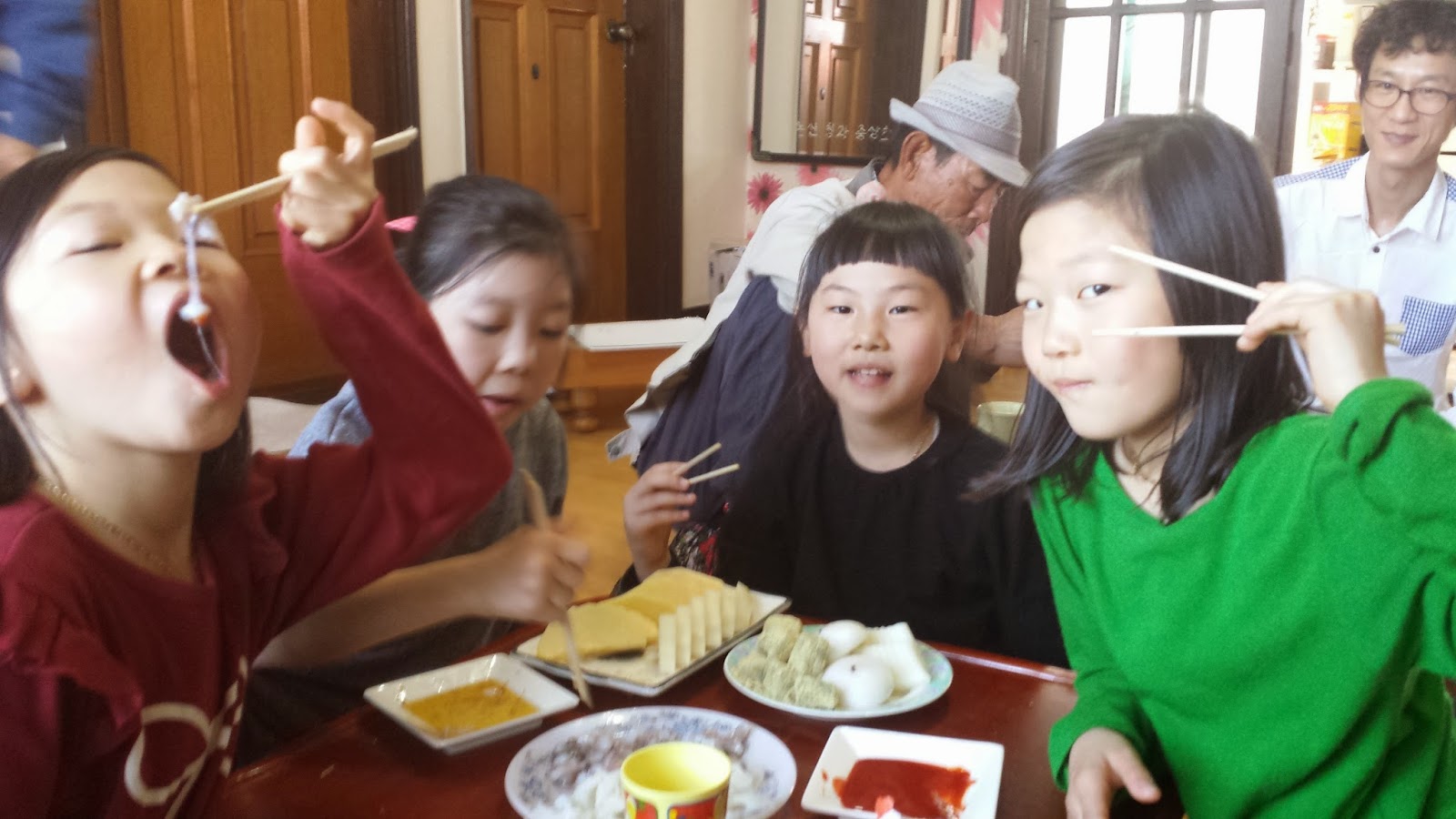











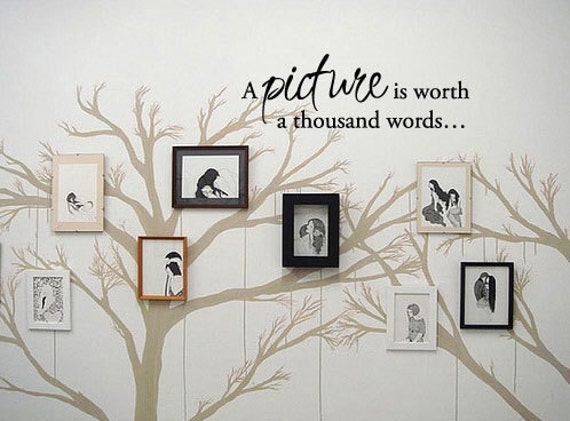
































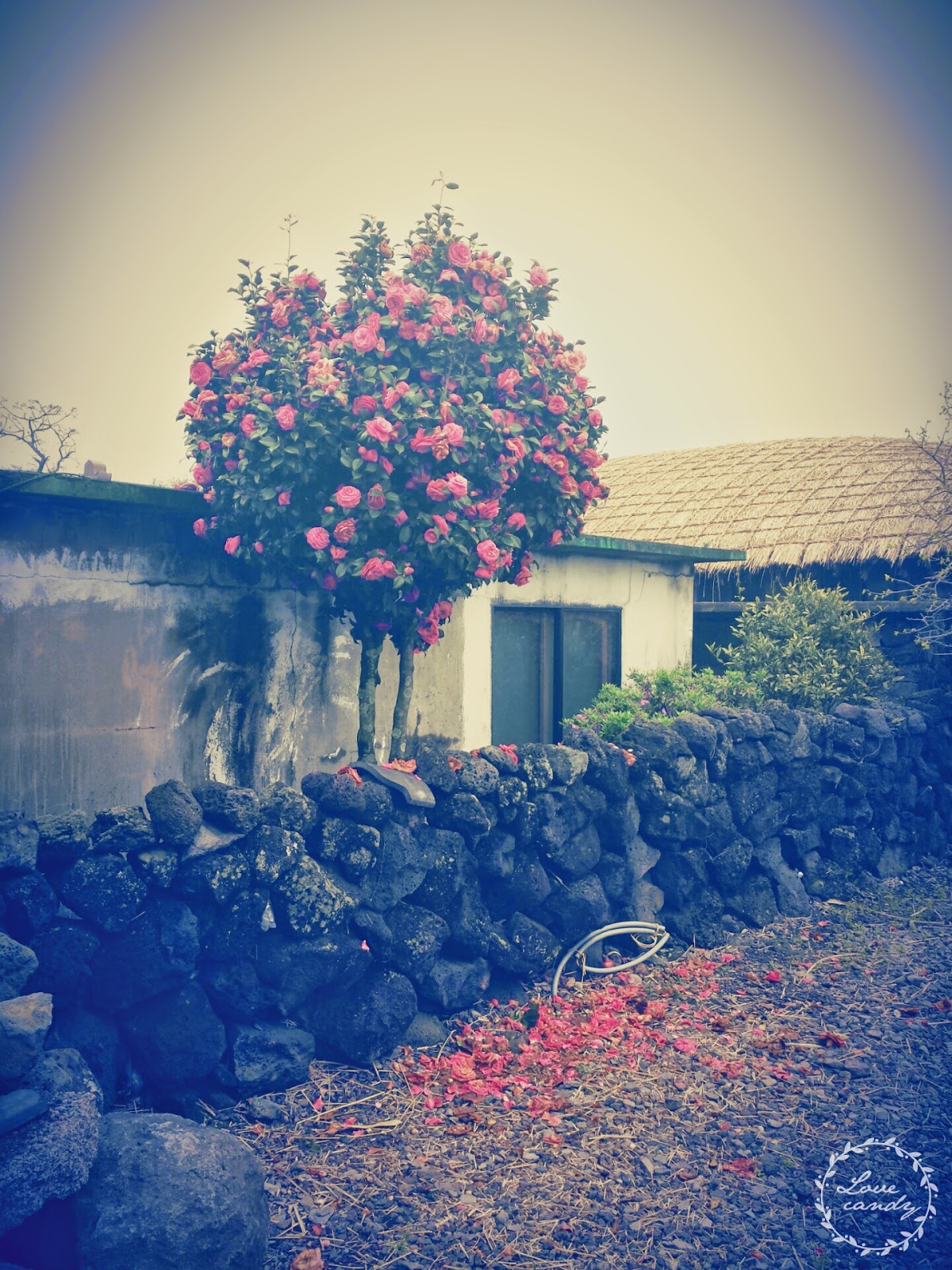


















































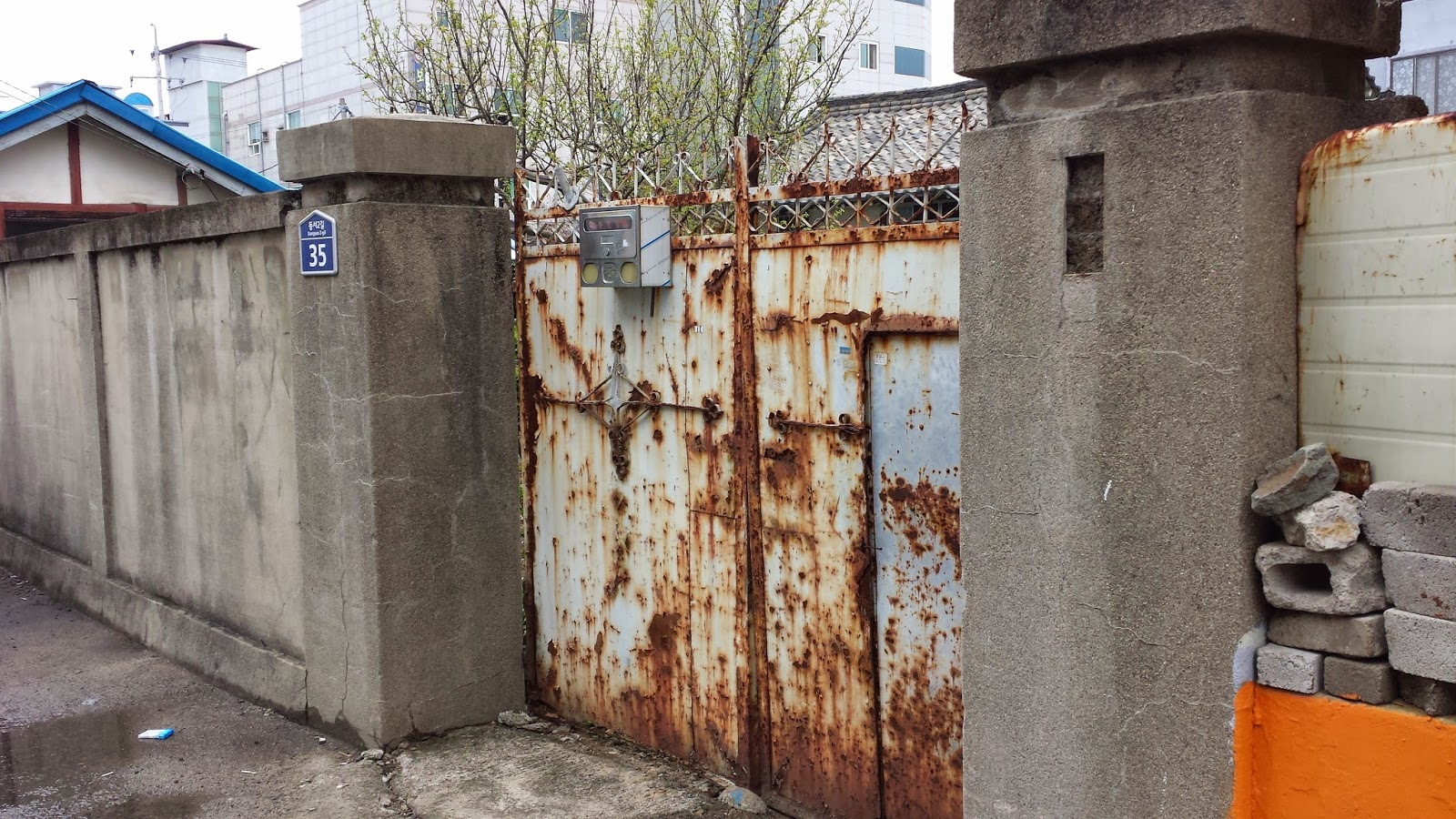



.jpg)
.jpg)
.jpg)





.jpg)
.jpg)
.jpg)











.jpg)












